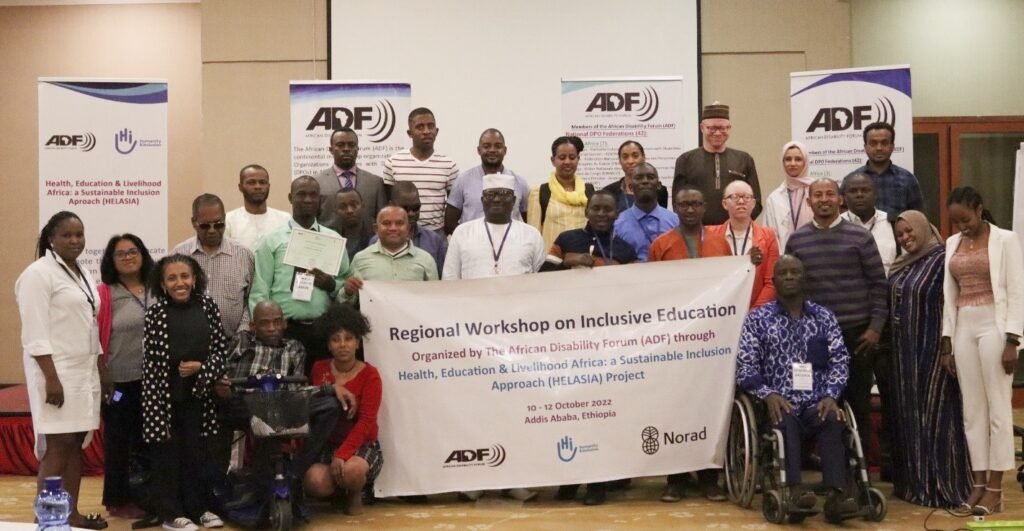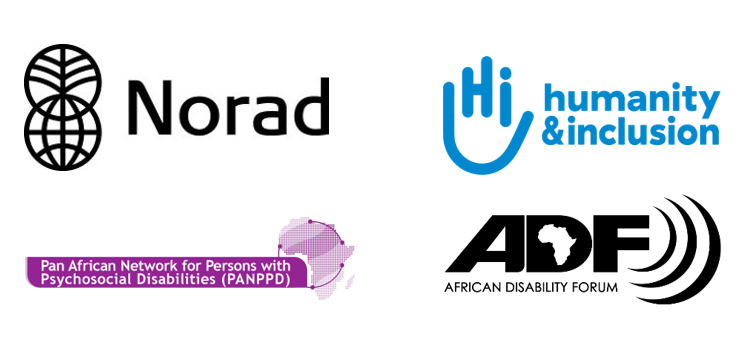
WHAT IS HELASIA
Health, Education & Livelihood in Africa: Sustainable Inclusion Approach (HELASIA)
The aim of this project is to increased the level of inclusiveness of services for persons living with disabilities in the project implementation countries through the following outputs:
- Country and regional disability movements in five African countries are strengthened for long-term engagement in advocacy.
- National multi-stakeholder consultation mechanisms between Organizations of Persons with Disabilities (OPDs), Civil Society Organizations (CSOs) and governments are established and/or reinforced.
- A multi stakeholders ‘inclusive local development’ approach in Rwanda, Benin and Ethiopia promotes an enhanced quality service delivery for persons with disabilities.
- A multi-stakeholder ‘inclusive local development’ approach in Madagascar and Mozambique promotes enhanced quality inclusive education services and MHPSS piloting.
- National & regional advocacy strategies are drafted and implemented to promote disability at their respective level.

Make a Difference Now!
In 2021, approximately 1.3 billion people globally or 16 per cent of the population have disability, of which 80 per cent live in developing countries, according to the latest data on disability published by the World Health Organization (WHO).
Transform lives today by donating to help African Disability Forum achieve its goals.
Donate HereHELASIA
PARTNERSHIP
Implementation Partners
The project is implemented under the leadership of Humanity & Inclusion/Handicap International (HI) and together with ADF, Pan-African Network for Persons with Psychosocial disabilities (PANPPD) and ADF’s member OPD federations (umbrella Organizations of Persons with Disabilities) in the respective five countries. The project is funded by Norwegian Agency for Development Cooperation (Norad)

- Project Details
helasia
Location: Rwanda, Benin, Madagascar, Mozambique and Ethiopia
Focal Areas: The project has four building blocks of OPD capacity building, consultation and data, regional advocacy and inclusive local development.
Period: the project has been implemented from 2021 until June 2023

